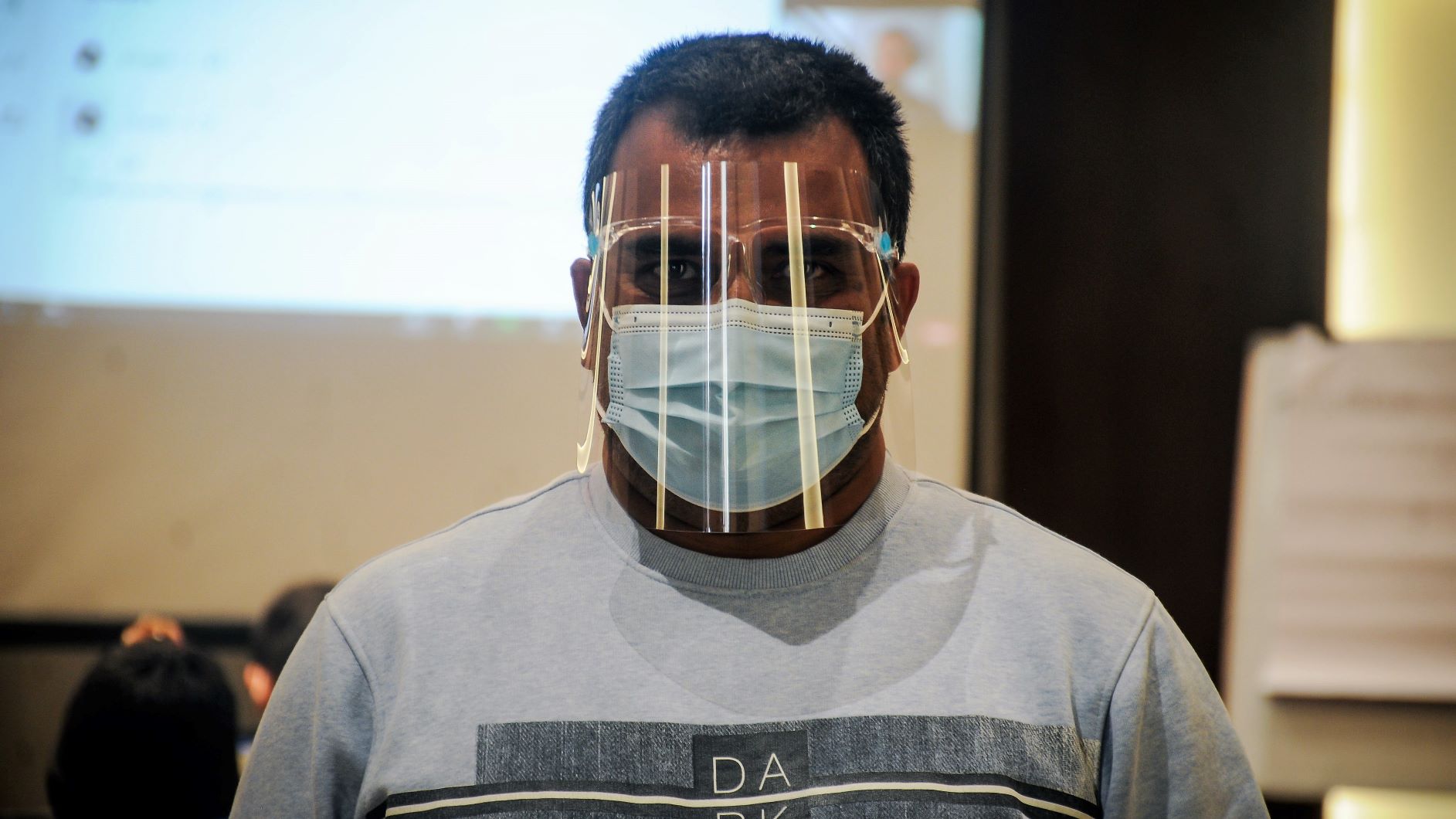[To Mark International Media Ethics Day]
Media is facing hard times. It’s not only receiving blows from advertisers but also from the Internet. The Internet has emerged as a tough competitor, and without money-generating model, media are forced only to spend on online media to remain competitive.

And, through social media, individuals are expressing their dissatisfaction over media –from questioning priority to lamenting coverage to ridiculing news. Continue reading…


